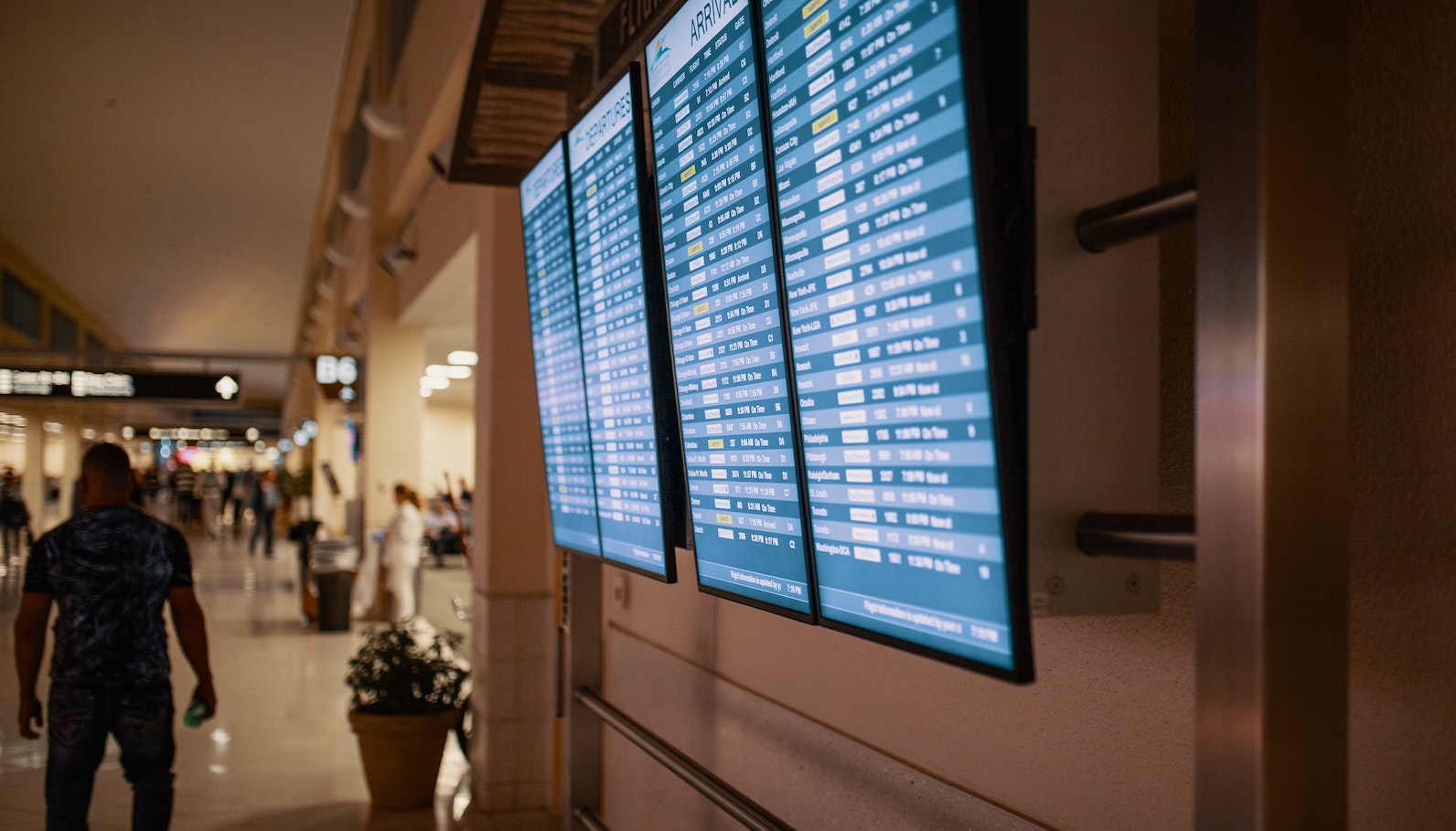
How to handle airline woes, from cancellations to refunds to lost bags
Here are tips to solve problems -- or avoid them in the first place

For nearly three years, airline travel has been a huge source of stress. We had understandable cancellations during the early months of the pandemic in 2020, when most people didn’t want to fly anyway. But getting those legally mandatory refunds was a major headache for many travelers.
Since 2021, we’ve seen airline schedules disrupted by staff shortages caused by buyouts, retirements, employee illness. Sometimes we have massive cancellations and meltdowns during bad weather. Sometimes they happen when on perfectly calm, sunny days. We hope the Christmas weekend nightmare of 2022, which affected millions of families nationwide because of a nasty storm and poor planning by many airlines, never happens again.
Reforms by the airlines and additional consumer protections are a work in progress. While we’re waiting for those much-needed changes, here are links to things you should know and steps you can take:
What to do if your flight is canceled or delayed for hours
Tips before you book that flight, at the airport and if you have a problem
A guide to all of your legal rights
Learn how to get a refund when the airline cancels your flight for any reason
Understand how credits and vouchers work for the 10 largest airlines
Know how to file a complaint with the DOT.
Topics
Authors
Teresa Murray
Consumer Watchdog, U.S. PIRG Education Fund
Teresa directs the Consumer Watchdog office, which looks out for consumers’ health, safety and financial security. Previously, she worked as a journalist covering consumer issues and personal finance for two decades for Ohio’s largest daily newspaper. She received dozens of state and national journalism awards, including Best Columnist in Ohio, a National Headliner Award for coverage of the 2008-09 financial crisis, and a journalism public service award for exposing improper billing practices by Verizon that affected 15 million customers nationwide. Teresa and her husband live in Greater Cleveland and have two sons. She enjoys biking, house projects and music, and serves on her church missions team and stewardship board.
Find Out More

Food for Thought 2024

Safe At Home in 2024?

5 steps you can take to protect your privacy now
